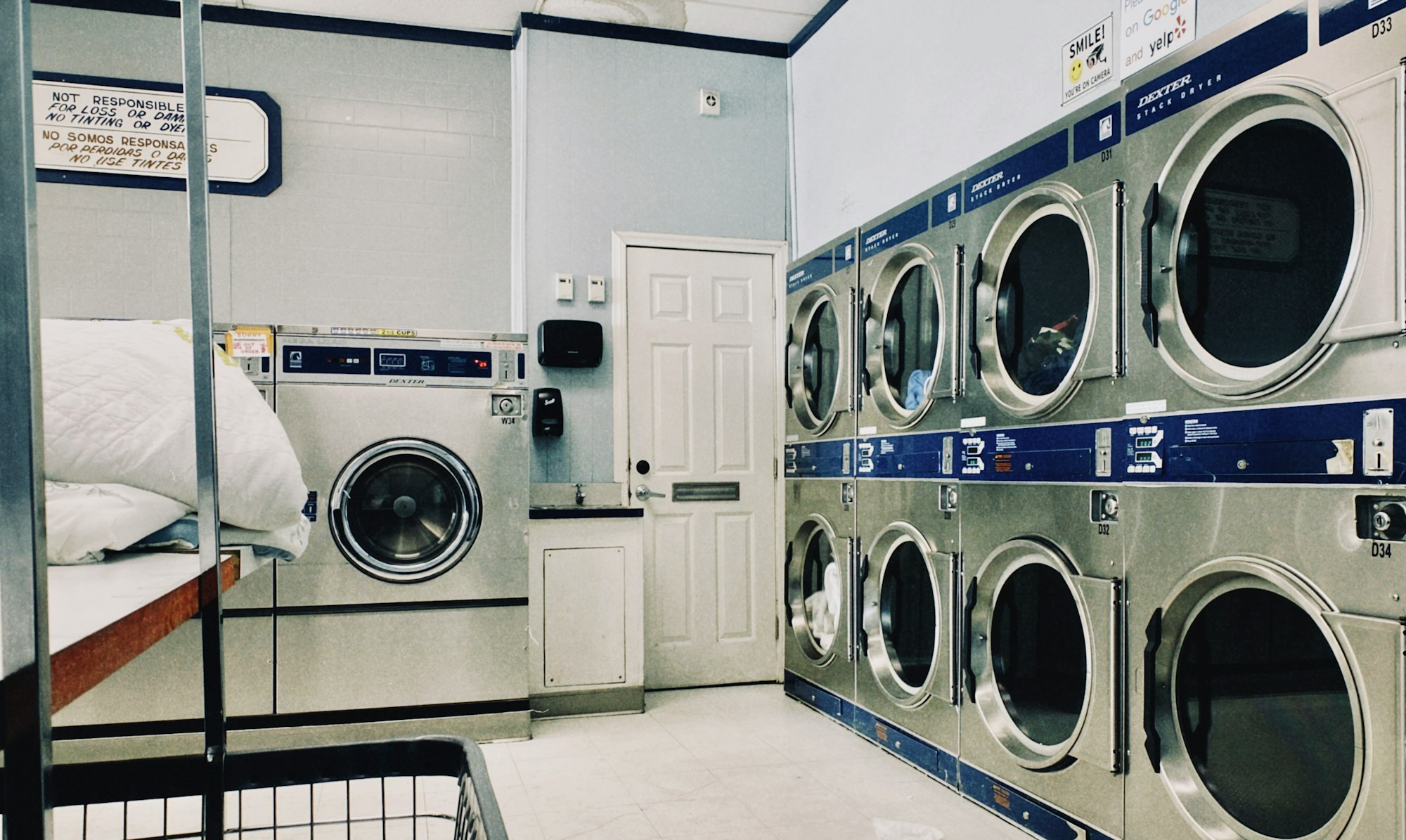Owning and operating a laundromat can be a profitable and rewarding business venture, but it's important to understand the pros and cons before diving in. In this article, we'll answer the question "is owning a laundromat profitable?", explore the key factors to consider when owning and operating a laundromat, and provide some tips on running a successful laundromat.
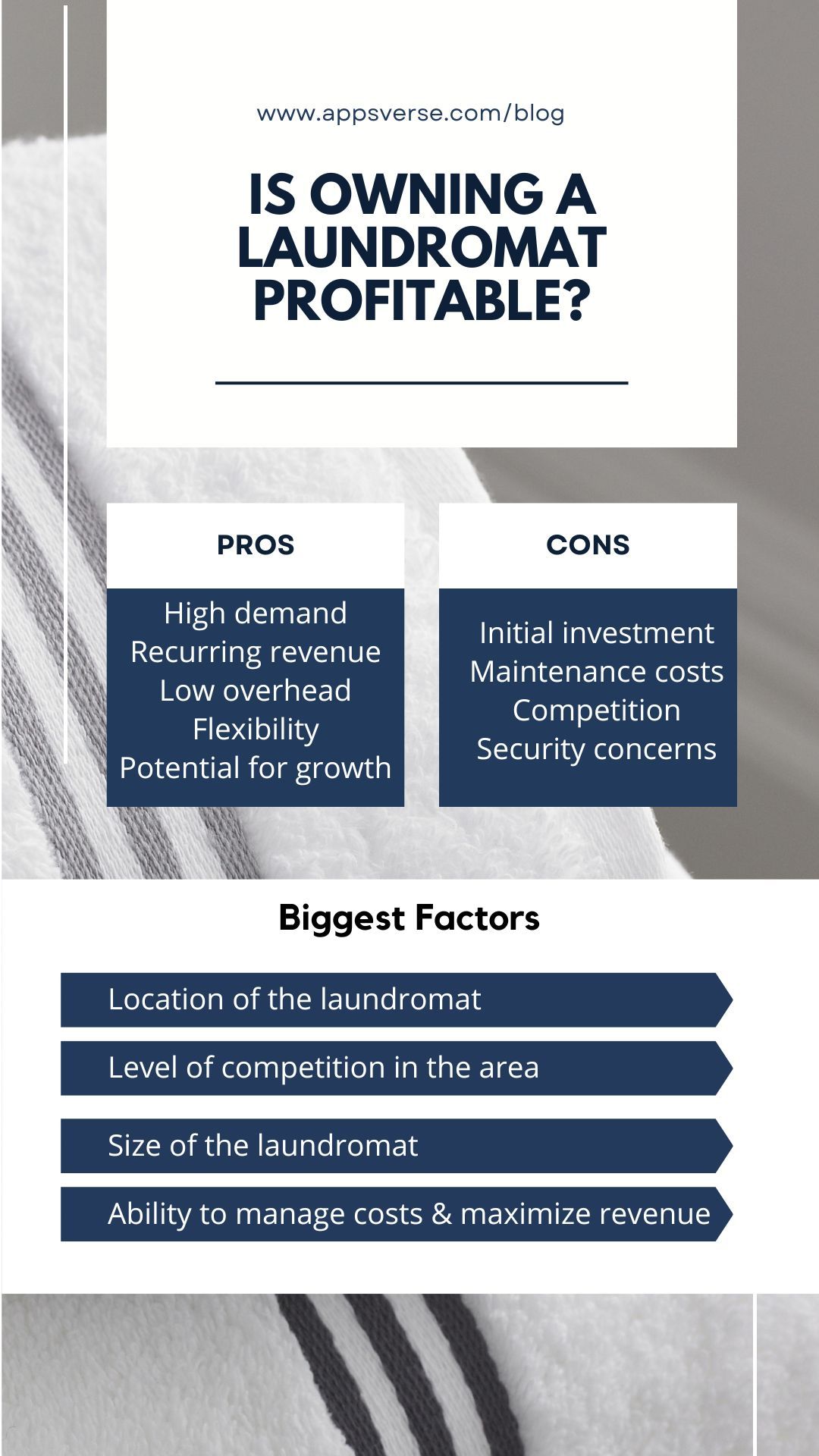
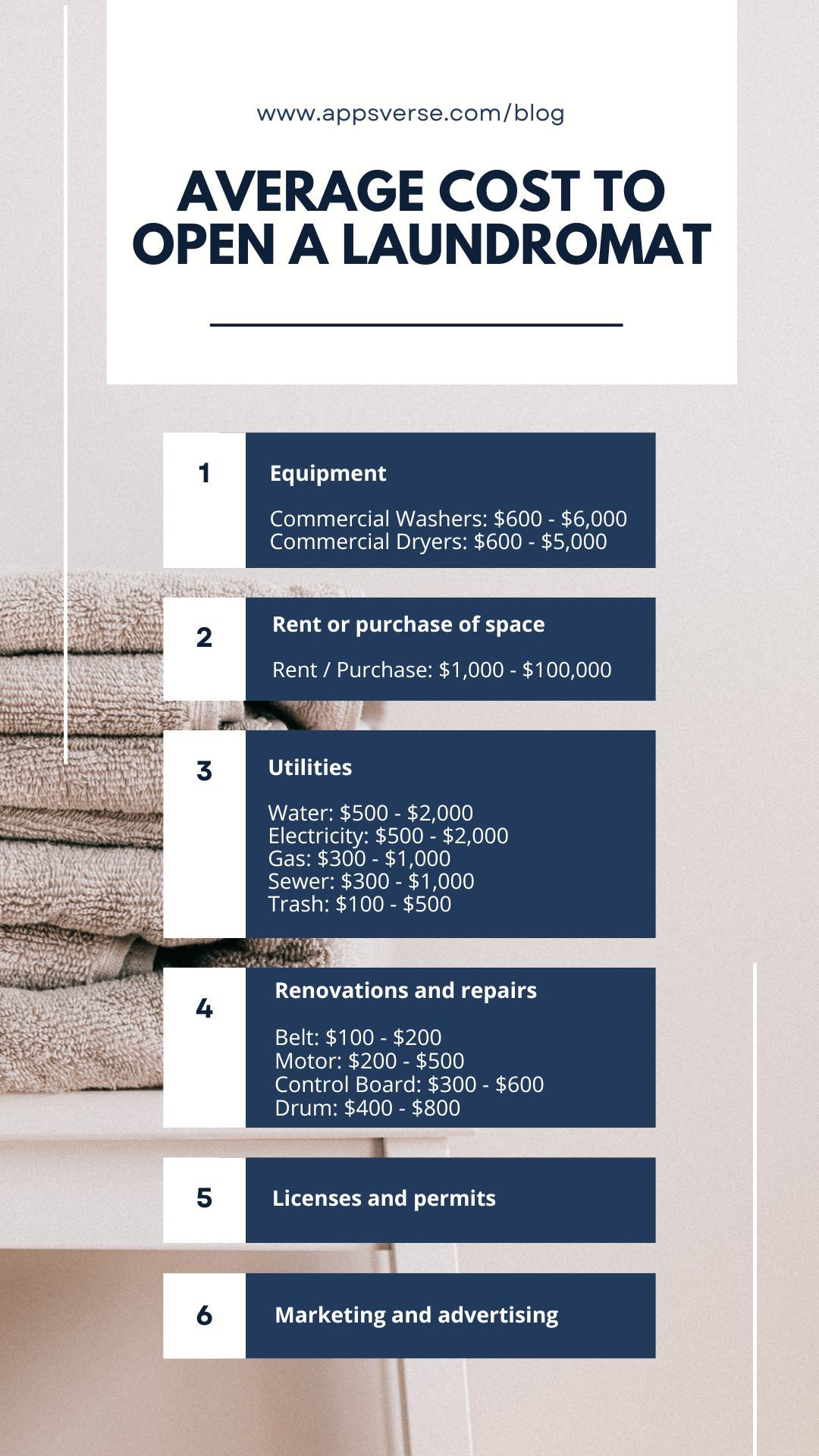
Is Owning a Laundromat Profitable?
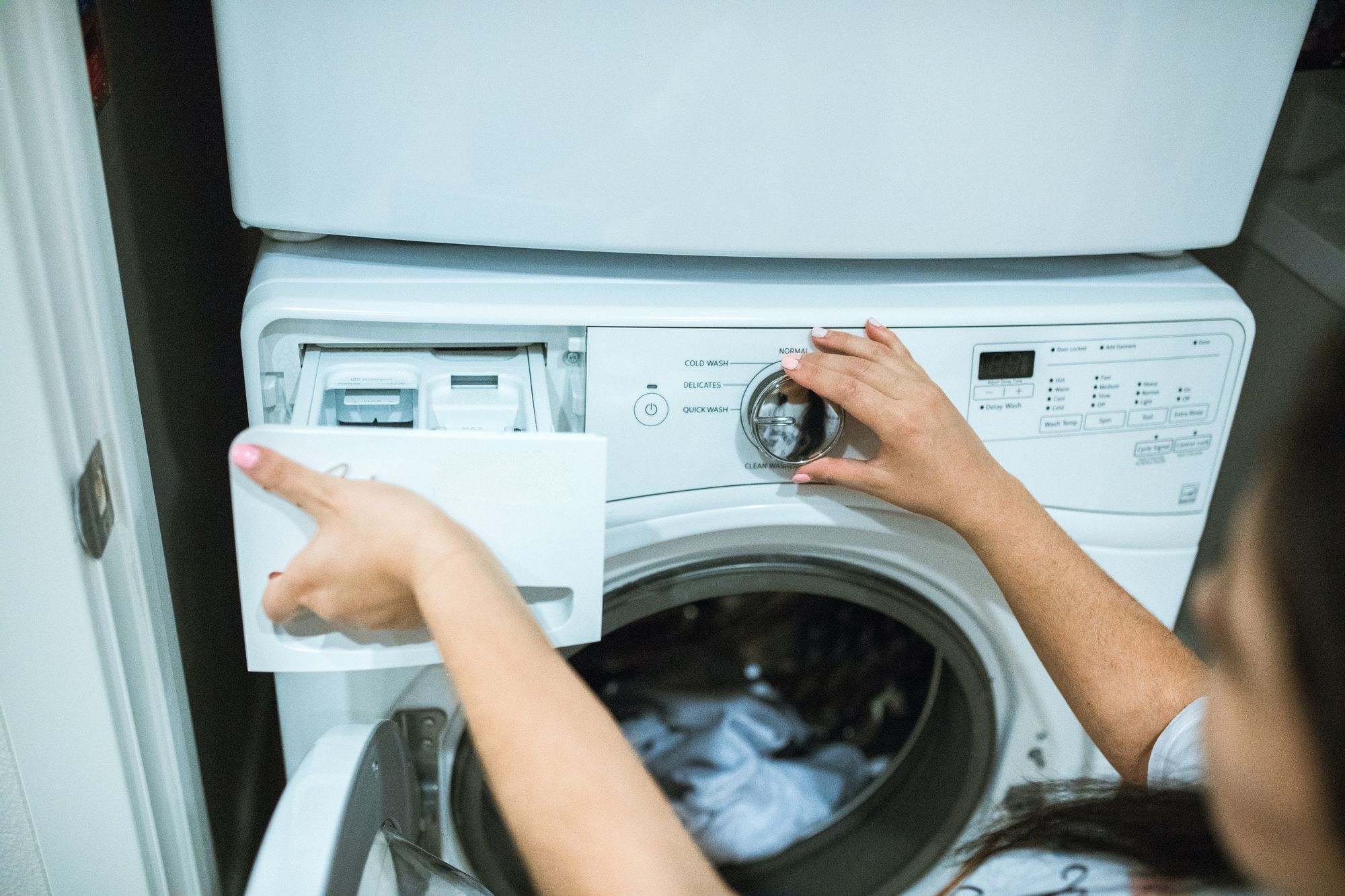
Owning a laundromat can be a profitable business, but profitability can vary widely depending on a number of factors, including the location of the laundromat, the size of the business, and the level of competition in the area.
Location of the Laundromat
One of the biggest factors that can affect profitability is the location of the laundromat. A laundromat located in a densely populated area with a high concentration of renters or people living in apartments or condos is likely to have a higher demand for laundry services and may be more profitable than a laundromat located in a more rural or suburban area. To choose the best location for laundry business, look for locations with high visibility from the street and easy access for customers. Ideally, the location should have ample parking and be easily accessible by car, bike, or public transportation.
However, you should also consider if the renters and people living in the area already have washers and dryers hooked up to their apartment, as having such service facilities is something common that landlords include to increase the attractiveness of their rental units. Go over a few rental websites, and see if the majority of the listings have in-built washer and dryer services.
Looking out for travel hostels and backpacker lodges is also a good start to find the best location for laundry business, as travellers will try to look for a convenient place near their accommodations to wash their laundry.
Level of Laundromat Competition in the Area
Another factor to consider is the level of competition in the area. If there are already several laundromats in the area, it may be more difficult to attract customers and maintain profitability. However, if there are few or no competitors in the area, a laundromat may be able to capture a larger share of the market and generate higher profits.
Be sure to check out the offerings from your potential competitors - what do they offer already? How can you stand out from them? Are they charging more for extra services? Or are they a no-frills low-cost option for customers in the neighbourhood? Going down physically to your competition's laundromat in person is a good way to get a sense of the space and services, and will give you a good idea about owning and operating a laundromat.
Size of the Laundromat
The size of the laundromat can also affect profitability. Larger laundromats with more machines and amenities may be able to attract more customers and generate higher profits, but they may also require a larger investment in equipment and operating costs.
Managing Costs & Maximising Revenue
Finally, the profitability of a laundromat will depend on the owner's ability to manage costs and maximize revenue. This may involve strategies such as:
- Offering additional services like dry cleaning or drop-off laundry
- Offering promotions or discounts to attract customers
- Having great customer service like a business phone number that customers can call for help
- Keeping a close eye on expenses like utilities and maintenance
- Adding amenities to your laundromat such as wifi and comfortable seating so that your customers can enjoy the laundry experience
- Creating a hip and "Instagrammable" storefront to attract a younger crowd
Overall, owning a laundromat can be a profitable business, but it requires careful planning, strategic management, and a solid understanding of the local market and competition. With the right approach, however, you can start running a successful laundromat.
Setting up a Business Phone Number for Your Laundromat

Having a dedicated phone number for your laundromat is important as it can help you maintain professionalism, streamline communication, and make it easier for customers to reach you. For example, new customers may not know how to operate your machine, or they may need help if one of the washing machines are not functioning.
Using a small business phone system like Phoner can help you manage your business calls and texts about your laundromat business professionally.

When choosing a business phone number for your laundromat, consider your budget, the features you need, and your personal preferences. A professional phone number from an app like Phoner can help you improve communication, streamline operations, and ultimately enhance customer satisfaction.
Owning a Laundromat Pros and Cons
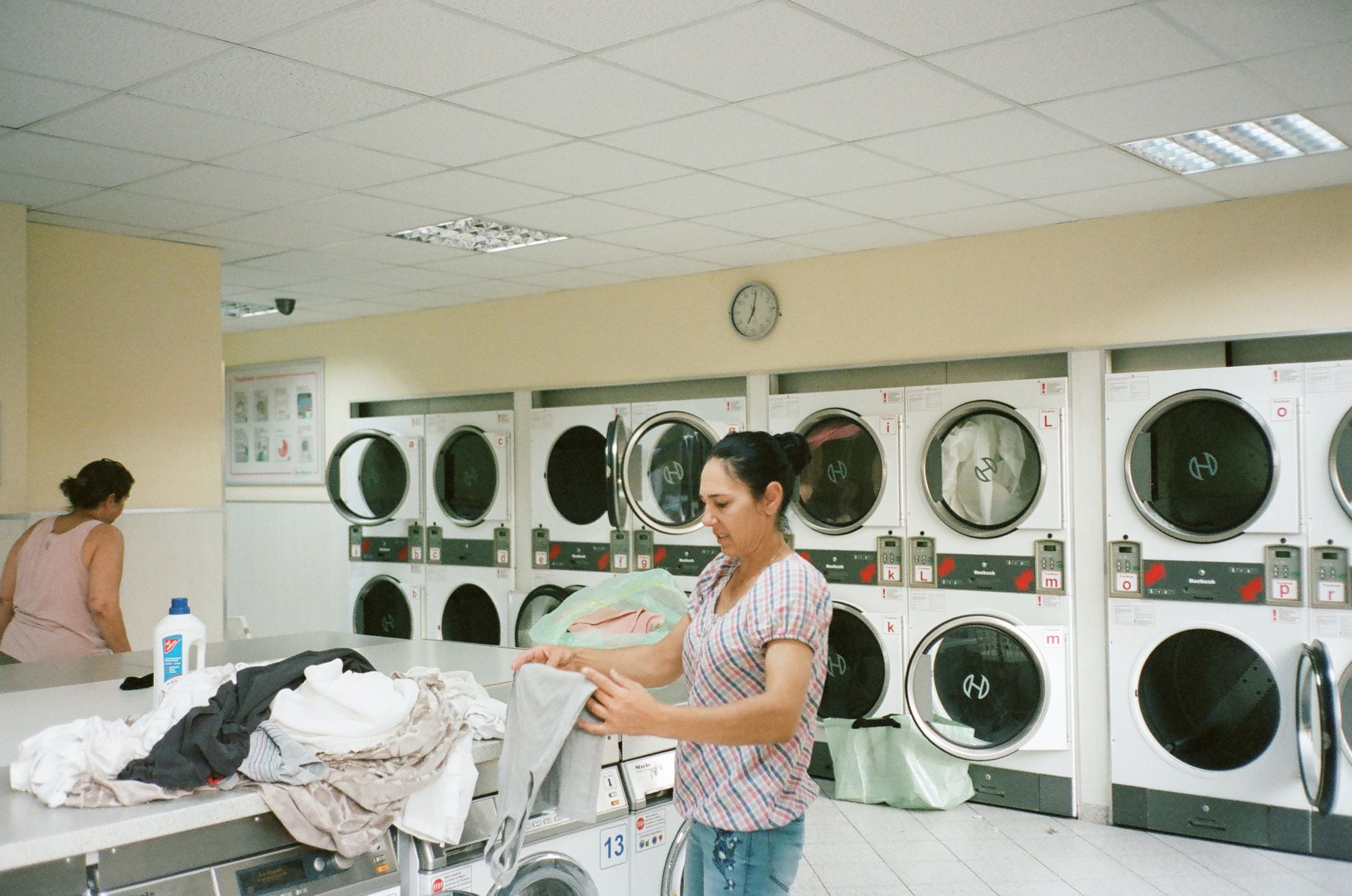
Running a successful laundromat can be expensive, so let's be prudent and take a look at the advantages and disadvantages of owning and operating a laundromat.
Pros of Owning a Laundromat
- High demand: Laundry is a necessity, so there will always be a demand for laundromats. In low to middle income neighbourhoods, having a washer and dryer in the home is considered a luxury, so many will still depend on the communal washing services for their laundry chores.
- Recurring revenue: Once you have established a customer base, you can expect a steady stream of income from repeat business.
- Low overhead: Laundromats require relatively little overhead compared to other businesses, as you don't need to worry about expensive inventory or perishable goods.
- Flexibility: Laundromats can be operated 24/7 with minimal staff, giving you the flexibility to work around your own schedule.
- Potential for growth: As your business grows, you can expand your services to include drop-off and pick-up laundry, dry cleaning, and more.
Cons of Owning a Laundromat
- Initial investment: Starting a laundromat requires a significant initial investment, including the cost of purchasing or leasing equipment and renting a space.
- Maintenance costs: Laundromat equipment can be expensive to maintain and repair.
- Competition: Depending on your location, you may face competition from other laundromats or alternative options such as in-home washers and dryers.
- Security concerns: Laundromats are a target for theft and vandalism, so you will need to invest in security measures to protect your business and customers.
What Do You Need to Start a Laundry Business?
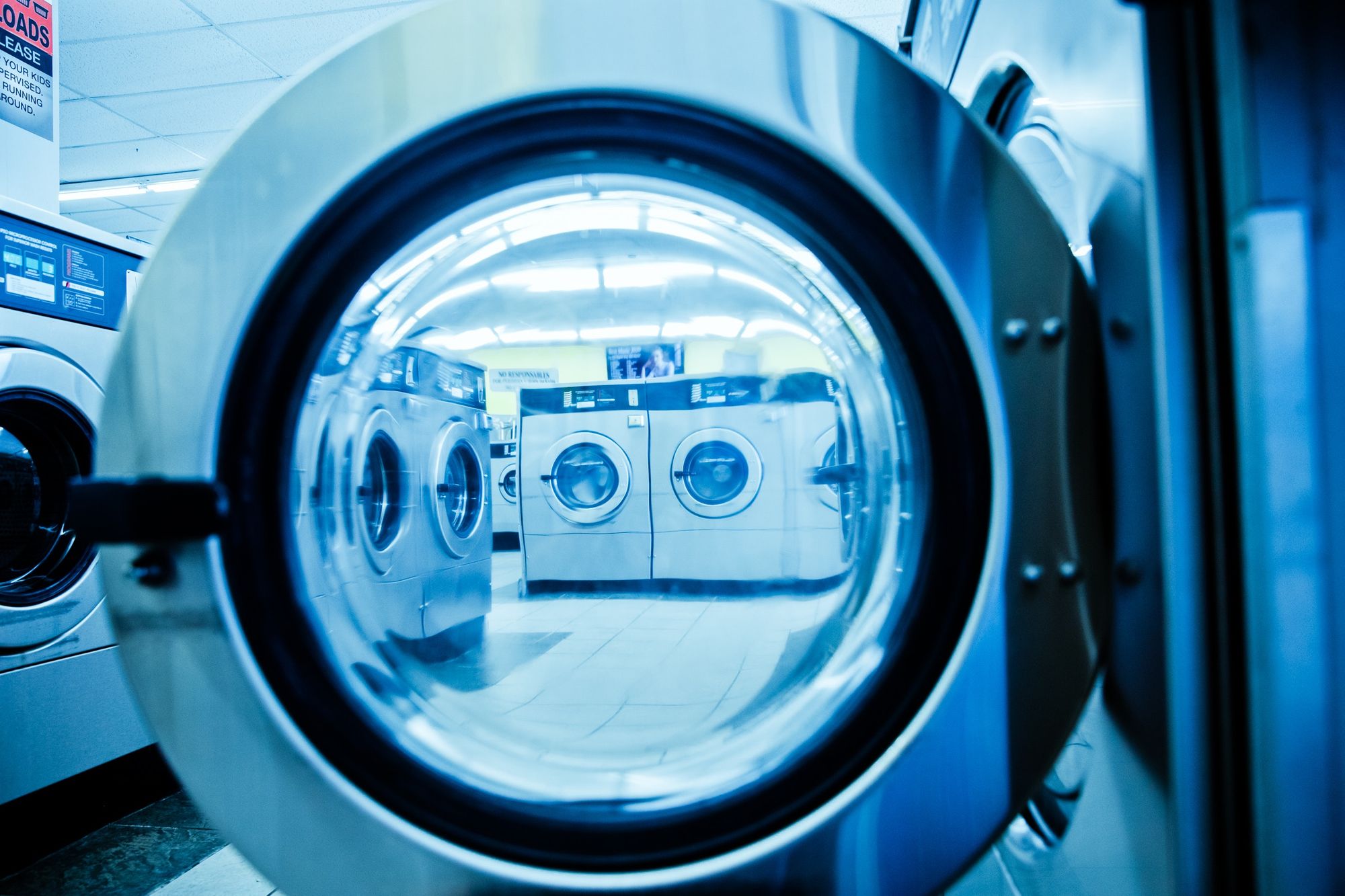
If you're interested in starting a laundromat, there are several key steps you'll need to take. Here's a basic checklist of what you'll need to start owning and operating a laundromat:
- Business plan: Before you begin, you'll need to create a solid business plan that outlines your goals, target market, financing options, and marketing strategy.
- Location: You'll need to find a location with sufficient space and access to utilities like water, electricity, and gas. Depending on your budget and goals, you can choose to purchase or lease a space.
- Equipment: You'll need to invest in commercial-grade washers and dryers, as well as folding tables, chairs, and other necessary equipment.
- Financing: Starting a laundromat can be expensive, so you'll need to secure financing from a lender or investor. Be sure to have a clear understanding of the costs involved, including equipment, rent, utilities, and staffing.
- Licenses and permits: Depending on your location, you may need to obtain business licenses and permits to operate your laundromat legally.
- Marketing: Once you're up and running, you'll need to market your business to attract customers. Consider advertising in local newspapers, on social media, and through word of mouth.
How Much Money Can a Laundromat Make in a Month?
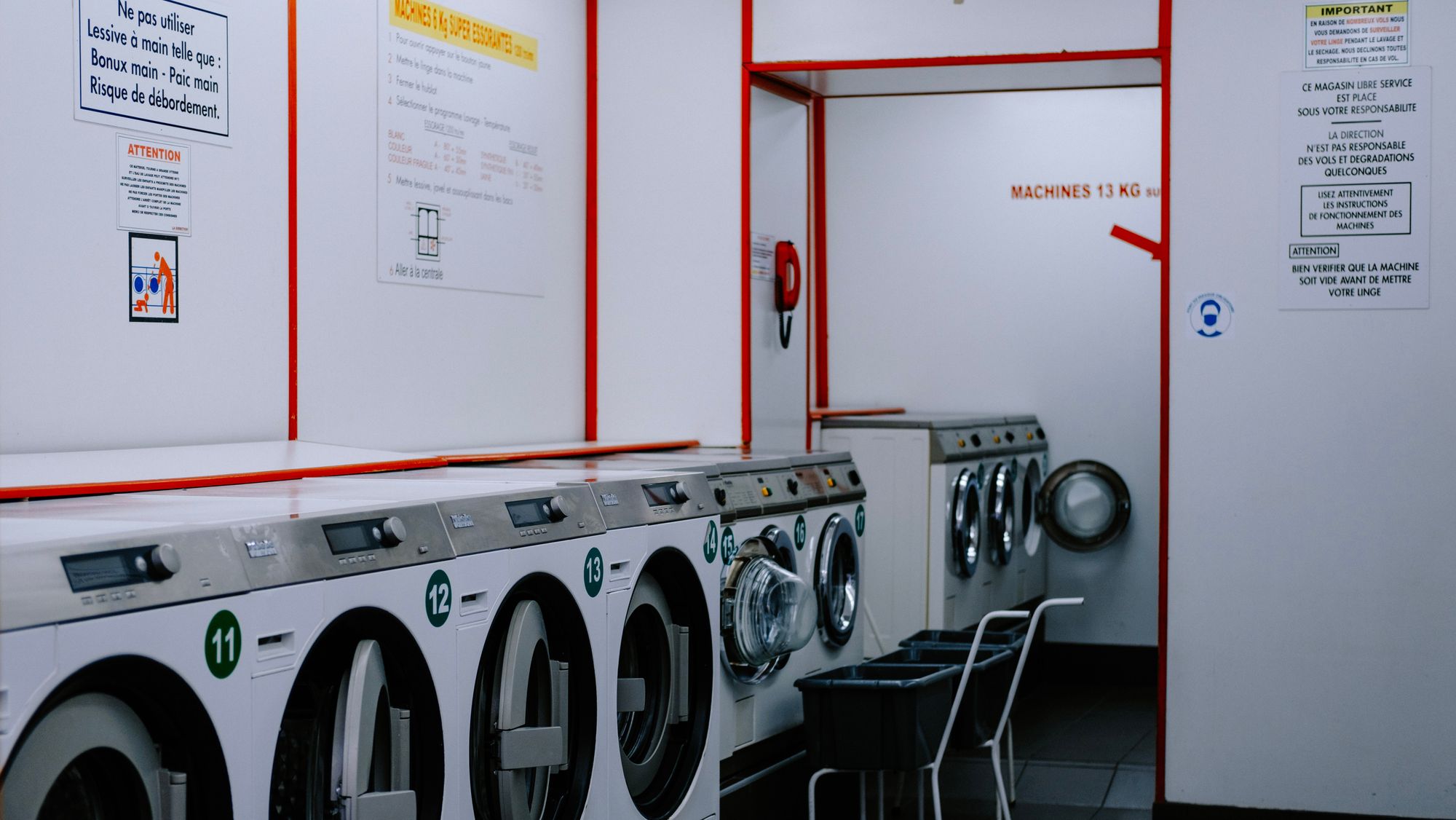
The amount of money a laundromat can make per month depends on a variety of factors, including location, competition, equipment, and pricing. Of course, this will affect the profitability of your laundromat business.
According to a survey by the Coin Laundry Association, the average laundromat owner earns around $5,000 per month. However, some laundromats can generate much higher revenue depending on their size and location.
To maximize your earnings, consider offering additional services such as drop-off and pick-up laundry, dry cleaning, and vending machines. You can also offer discounts to attract new customers and encourage repeat business.
How Much Does it Cost to Start a Laundromat?

The cost of opening a laundromat can vary widely depending on the size and location of the business, as well as the cost of equipment, rent, and utilities. According to industry estimates, the average cost to start a laundromat can range from $200,000 to $500,000 or more.
Here are some of the main expenses you can expect when starting a laundromat, for you to decide if owning a laundromat is profitable:
1. Equipment
The cost of commercial-grade washers and dryers can range from $10,000 to $50,000 or more, depending on the number and type of machines you need.
Commercial Washers:
- Top-load washers: $600 to $1,200
- Front-load washers: $1,500 to $3,500
- High-capacity washers: $2,500 to $6,000
Commercial Dryers:
- Single pocket dryers: $600 to $1,200
- Stackable dryers: $1,500 to $3,000
- High-capacity dryers: $2,500 to $5,000
2. Rent or Purchase of Space
Depending on the location, the cost of renting or purchasing a space can range from a few thousand dollars per month to hundreds of thousands of dollars.
3. Utility BIlls
You'll need to budget for the cost of electricity, gas, and water, which can vary depending on the size and usage of your laundromat.
Here are some estimates of the typical utility costs associated with running a laundromat:
- Water: Water is a major utility cost for laundromats since washing machines require a significant amount of water. A typical laundromat may use between 3,000 and 5,000 gallons of water per day, which can result in a monthly water bill of $500 to $2,000 or more depending on the location and cost of water.
- Electricity: Running commercial washers and dryers requires a significant amount of electricity. The cost of electricity can vary depending on the region and the provider, but the average monthly electricity bill for a laundromat can range from $500 to $2,000.
- Gas: Some laundromats use gas dryers instead of electric dryers, which can help reduce electricity costs. However, the cost of gas can vary depending on the location and provider. The average monthly gas bill for a laundromat using gas dryers can range from $300 to $1,000.
- Sewer: Laundromats generate a significant amount of wastewater, which is typically sent to the local sewage treatment plant. Sewer costs are usually based on the amount of water used, so the cost can vary depending on the location and local regulations. The average monthly sewer bill for a laundromat can range from $300 to $1,000.
- Trash: Laundromats also generate a significant amount of trash, including lint and debris from the washers and dryers. The cost of trash removal can vary depending on the location and the size of the laundromat, but the average monthly trash bill can range from $100 to $500.
It's important to note that these estimates are just a general guide, and the actual utility costs for running a laundromat can vary depending on several factors. Additionally, the cost of utilities can fluctuate throughout the year, so it's important to budget accordingly and plan for any seasonal changes. To reduce utility costs, some laundromat owners may consider using energy-efficient equipment or implementing water conservation measures.
4. Renovations and Repairs
Depending on the condition of the space, you may need to invest in renovations or repairs before opening your business.
You should also consider the repair cost of your commercial-grade washers and dryers, as there will be wear and tear from everyday usage from your customers.
Here are some estimated costs for common repairs:
- Belt replacement: If a belt needs to be replaced in a washer or dryer, the cost can range from $100 to $200, depending on the model and type of machine.
- Motor replacement: If the motor in a washer or dryer needs to be replaced, the cost can range from $200 to $500, depending on the type of machine.
- Control board replacement: If the control board in a washer or dryer needs to be replaced, the cost can range from $300 to $600, depending on the type of machine.
- Drum replacement: If the drum in a washer or dryer needs to be replaced, the cost can range from $400 to $800, depending on the type of machine.
It's important to note that these are just estimates, and the actual cost of repairs can vary depending on several factors. Additionally, some repairs may be covered by a warranty or service contract, which can help reduce the cost of repairs.
To minimize the need for repairs and prolong the lifespan of commercial-grade washers and dryers, regular maintenance is key. This includes cleaning and inspecting the machines regularly, replacing worn parts before they break, and following the manufacturer's recommended maintenance schedule.
5. Licenses and Permits
Depending on your location, you may need to obtain licenses and permits to operate your laundromat legally.
6. Marketing and Advertising
Once you're up and running, you'll need to budget for marketing and advertising to attract customers and build your business.
So, is owning a laundromat profitable? Well, the startup average cost to open a laundromat can be a significant investment. You should have careful planning and a solid business strategy to figure out these details even before you start investing in your laundromat.
Conclusion
Are you ready to embark on an exciting business venture that can bring in a steady stream of profits and rewards? Look no further than owning and operating a laundromat! But before you take the plunge, it's important to weigh the pros and cons of owning a laundromat. Do your research and understand what it takes to start a laundry business, is owning a laundromat profitable in your area and most importantly, how to run a successful laundromat. Get ready to roll up your sleeves and dive into the world of suds and spin cycles!

